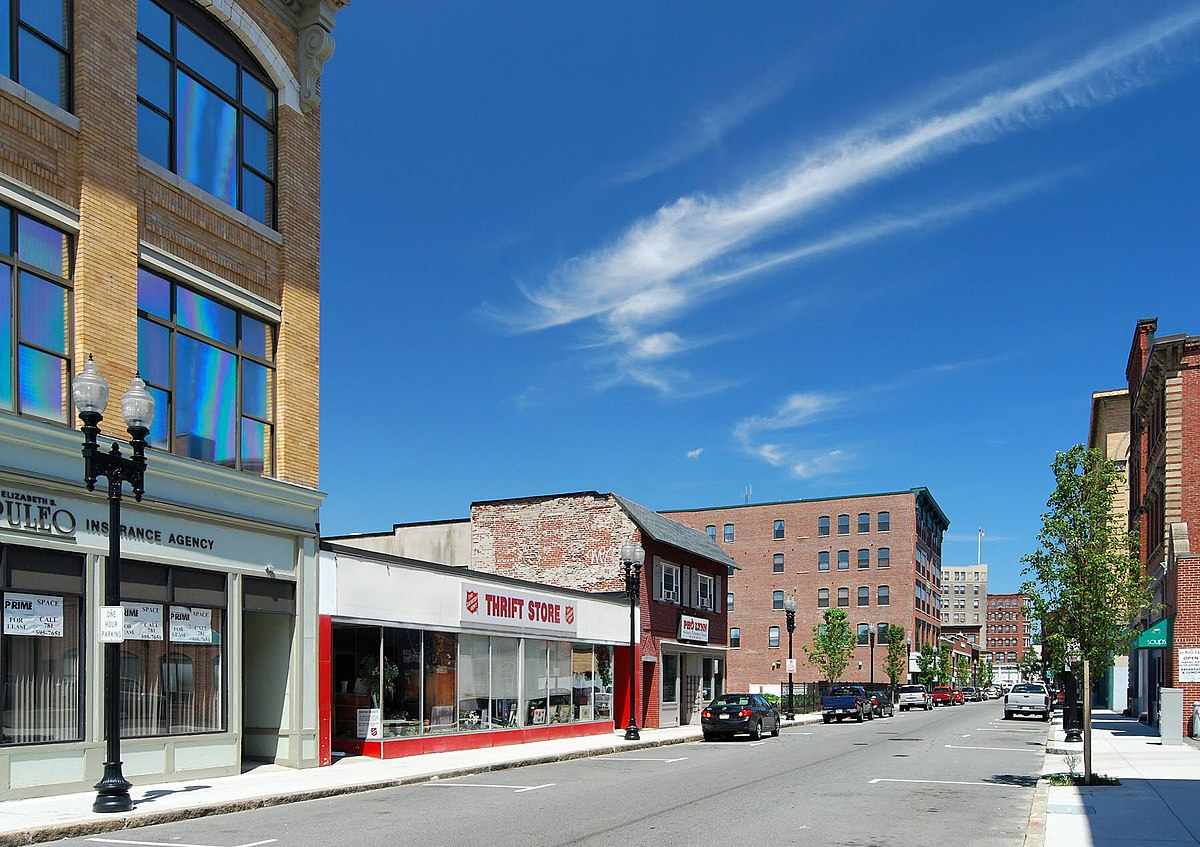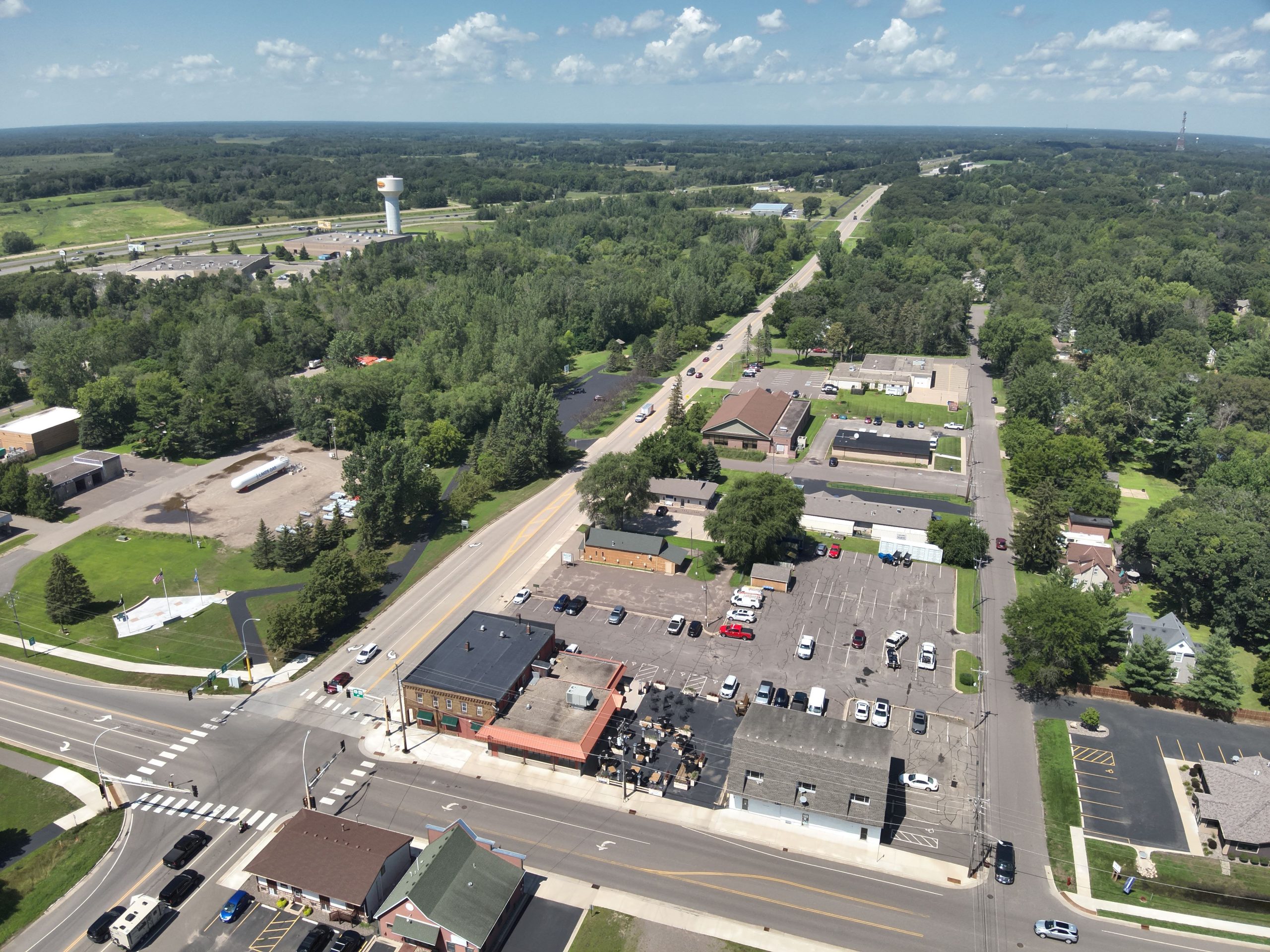Lynn, MA
With citywide pavement intelligence in hand, Lynn moved from reactive maintenance to a confident, proactive program that residents could see on the ground.

Lynn, MA Infrastructure Assessment
Summary
- Citywide street survey completed in weeks, not months; 163 roadway miles scanned and scored for fast action
- Actionable pavement intelligence delivered by August, 20, 2022, enabling a defensible, data-driven paving plan
- Faster budgeting, scheduling, and repairs led to safer streets, fewer complaints, and visible improvements sooner
Problem
Like many older New England cities, Lynn faced a fast-deteriorating road network across a dense urban grid and heavy bus and truck traffic. Without current, consistent pavement data, crews were reactive to complaints, struggled to defend budgets, and lacked a clear prioritization method that residents could see and trust. Manual windshield surveys were slow, inconsistent, and often out of date by the time reports reached leadership, leaving staff under fire with no simple way to show efficient use of taxpayer dollars.
Solution
Lynn chose Cyvl to rapidly capture a complete, objective view of its streets, using vehicle-mounted LiDAR and sensors to survey 163 roadway miles citywide. Cyvl’s Infrastructure Intelligence platform used AI to convert that raw data into detailed, actionable pavement condition scores, segment-level repair recommendations, prioritized repair lists, and defensible reports and GIS layers. Delivered in weeks by August, 20, 2022, the city gained the data it needed to build a comprehensive multi-year paving plan and take action faster for residents.
Impact
With citywide pavement intelligence in hand, Lynn moved from reactive maintenance to a confident, proactive program that residents could see on the ground. The speed of delivery compressed planning cycles from months to weeks, letting crews implement repairs sooner and communicate clearly about what would happen, where, and why. City leadership could allocate funds with precision, cut through meeting debates with objective scores, and coordinate work across departments to reduce disruption.
- 163 roadway miles scanned and scored, giving Lynn a complete, street-by-street pavement condition dataset delivered by August, 20, 2022
- Faster project start-up: data turned into a defensible paving plan in weeks, so resurfacing and patching began sooner for residents
- Noticeably fewer 311 complaints and “Why not my road?” questions, thanks to transparent maps and objective condition scores shared at meetings
- Budget requests backed by hard numbers, improving confidence from council and taxpayers and unlocking timely approvals for critical work
- Scheduling and coordination became straightforward, with clear segment priorities enabling efficient crew routes and less rework
- Safer driving and cycling conditions as high-risk distresses were addressed quickly, reducing flat tires, claims, and delays




-%20logo%20(unpadded).png.png)